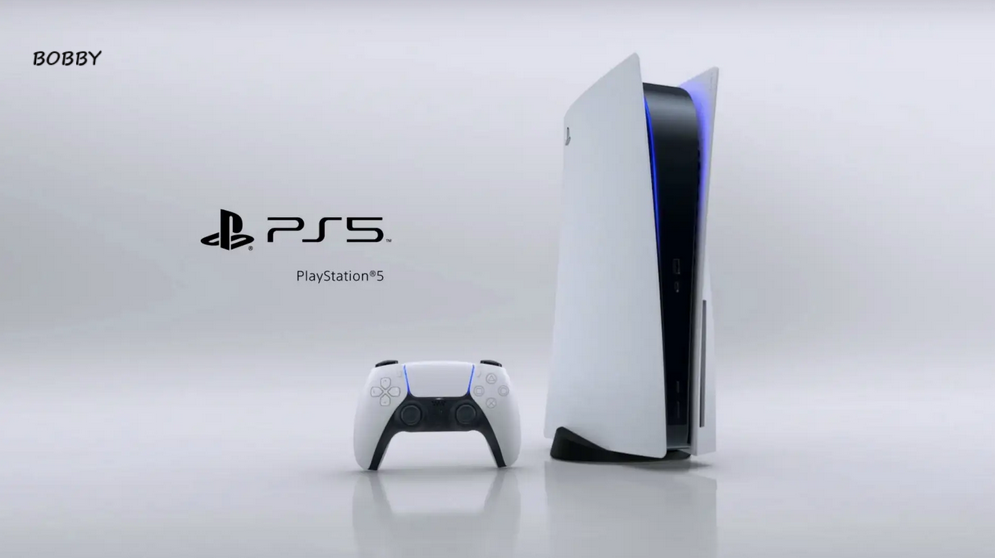Sony has achieved another major milestone in its gaming legacy. The PlayStation 5 has now sold 84.2 million units worldwide, after adding 3.9 million consoles in the three-month period ending September 30, 2025. This announcement highlights Sony’s continued dominance in the gaming market, despite increasing competition and economic challenges.
What makes this achievement even more remarkable is that the PlayStation 5’s price has risen rather than fallen since its release. Typically, consoles become cheaper over time, but Sony’s flagship gaming system has defied convention and continued to sell at strong volumes.
Breaking Records: PS5 Overtakes Xbox 360
The latest sales figure officially places the PlayStation 5 ahead of every Xbox console ever made, including the Xbox 360, one of Microsoft’s most successful gaming systems. The Xbox 360, first launched in 2005, sold over 84 million units by June 2014, according to Microsoft’s last official report. While it’s likely that the 360’s true lifetime sales crept slightly above that number before being discontinued in 2016, Sony’s PS5 has now taken the lead in officially reported figures.
However, it’s important to note that Microsoft hasn’t updated its console sales numbers for many years. Even so, analysts widely agree that the PS5 has outsold Microsoft’s current-generation Xbox Series X and Series S by a large margin. Estimates suggest that the PlayStation 5 is selling at least twice as fast as the combined Xbox Series consoles, further solidifying Sony’s lead in the console wars.
PS5 vs. PS4: A Close Race After Five Years
While the PS5’s performance against the Xbox lineup is impressive, its more meaningful comparison lies with its own predecessor, the PlayStation 4. Five years into the previous generation, the PS4 had sold 86.1 million units, meaning the PS5 is just slightly behind that pace. Despite the difference, Sony considers the current generation its most financially successful era ever.
The reason for that financial success comes down to more than just hardware numbers. The average price per console is higher today, with the PS5 retailing for $550, compared to the PS4’s $300 at the same stage of its lifecycle. In addition, video game prices have risen, with many major titles now launching at $70 instead of $60. These higher price points have contributed to record-breaking revenues for Sony’s gaming division, even if unit sales are just shy of the PS4’s pace.
Sony’s Gaming Division Hits Record Revenues
In a recent corporate presentation, Sony highlighted the performance of its Game & Network Services (G&NS) division, which includes Sony Interactive Entertainment, the team behind PlayStation. According to Sony’s data, every console generation since the original PlayStation has generated more revenue than the last. The PS5 generation is continuing that trend, with sales of hardware, software, and digital services all contributing to record-breaking financial performance.
Subscription services like PlayStation Plus and digital purchases from the PlayStation Store have also become major profit drivers. Unlike in the PS2 or PS3 eras, Sony now benefits from recurring revenue streams tied to online subscriptions, cloud gaming, and microtransactions in popular titles. These shifts in the gaming economy have made the PS5 generation the most lucrative in PlayStation history.
Price Increases Haven’t Slowed Demand
One of the more surprising aspects of the PS5’s success is its ability to maintain strong sales despite price increases. The console saw a price hike in 2024, raising the base model to around $550 in many markets. Normally, such a move would lead to slower sales, but demand for the PS5 has remained consistently high, especially following years of supply shortages during its early life.
Sony has also introduced several hardware revisions, including the PS5 Slim, which helped renew consumer interest and improve production efficiency. These refreshed models, combined with exclusive titles and a growing digital ecosystem, have kept sales momentum steady as the console enters its fifth year.
The Future of PlayStation: PS6 and New Hardware Rumors
Looking ahead, Sony has already started to mention the next-generation PlayStation, widely expected to be the PlayStation 6 (PS6). While official details remain scarce, the company has acknowledged that development is underway. Industry insiders predict a late 2027 or early 2028 release, continuing Sony’s tradition of seven-year console cycles.
Meanwhile, Sony is reportedly exploring new hardware ventures, including a PlayStation handheld console. Recent leaks suggest it may integrate with the PS5 ecosystem, allowing for remote play and cloud-based gaming rather than functioning as a standalone device. Although Sony has not confirmed these reports, the success of devices like the Steam Deck and Nintendo Switch has renewed interest in portable gaming.
Upcoming PS5 Exclusives: Strengthening the Library
Despite conversations about the next console, the PS5 still has a strong lineup of upcoming exclusive games. One of the most anticipated titles is Marvel’s Wolverine, developed by Insomniac Games, the studio behind Spider-Man 2. Expected to release in 2026, Wolverine is set to showcase the PS5’s full graphical potential and deepen Sony’s roster of cinematic, story-driven games.
Other highly awaited projects include Death Stranding 2, Fairgame$, and Concord, along with ongoing updates to live-service titles such as Helldivers 2 and Gran Turismo 7. These releases will continue to fuel PS5 hardware sales and strengthen Sony’s competitive edge.
A Generation Defined by Innovation and Growth
As the PS5 surpasses 84 million units sold, it’s clear that Sony’s current console generation is defined by innovation, resilience, and growth. From navigating pandemic-era shortages to increasing hardware prices without losing consumer enthusiasm, Sony has managed to keep PlayStation as the world’s leading gaming brand.
Although the PS5’s lifetime sales are just behind the PS4 at this point, the broader financial picture paints a more successful story. Sony has expanded its ecosystem beyond the console itself, investing heavily in cloud gaming, PC ports, and PlayStation Studios titles that build brand loyalty across platforms.
With new exclusives on the horizon, rumored hardware projects, and the next generation already in the early stages of planning, the PlayStation brand shows no signs of slowing down.
In Summary
The PlayStation 5’s climb to 84.2 million units sold marks another significant milestone in gaming history. Officially surpassing the Xbox 360, the PS5 continues to dominate the market while setting new records for profitability. As Sony prepares for its future with the PS6 and new hardware innovations, the PlayStation ecosystem remains the gold standard in the console industry—powerful, profitable, and positioned for even greater success.




